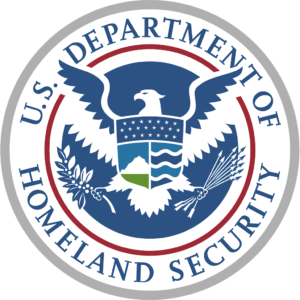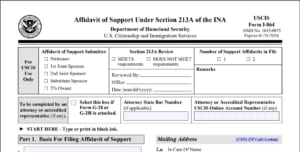 USCIS released a policy alert on 28 August 2019 which seeks to address statutory requirements in determining “residency” for U.S. citizens who are transmitting citizenship to their children through Consular Report of Birth Abroad (CRBA). The policy alert, titled PA-2019-05 also rescinds previous guidelines regarding children of U.S. government employees and members of the U.S. armed forces stationed or employed abroad.
USCIS released a policy alert on 28 August 2019 which seeks to address statutory requirements in determining “residency” for U.S. citizens who are transmitting citizenship to their children through Consular Report of Birth Abroad (CRBA). The policy alert, titled PA-2019-05 also rescinds previous guidelines regarding children of U.S. government employees and members of the U.S. armed forces stationed or employed abroad.
To transmit citizenship to a child born abroad, the petitioning U.S. citizen must have physically been present in the United States prior to the child’s birth. The current regulations require at least one year of continuous physical presence for unmarried women, five years of aggregate presence in for married women, and five years of aggregate presence for men whether married or unmarried. The current policy also considers U.S. citizens working as government employees and members of the military working and stationed abroad as physical time spent in the United States. The new policy now makes a distinction between physical presence and residence and will not consider working or stationed abroad for the U.S. government or military as evidence in determining whether physical U.S. residency has been established.
PA-2019-05 is expected to take effect on 29 October 2019.
U.S. citizens who have given birth to children in Vietnam, the Philippines, or Taiwan are encouraged to consult with a U.S. immigration attorney for better understanding on how the new policy may affect their ability to obtain a CRBA for their child.
For more information, contact us at




